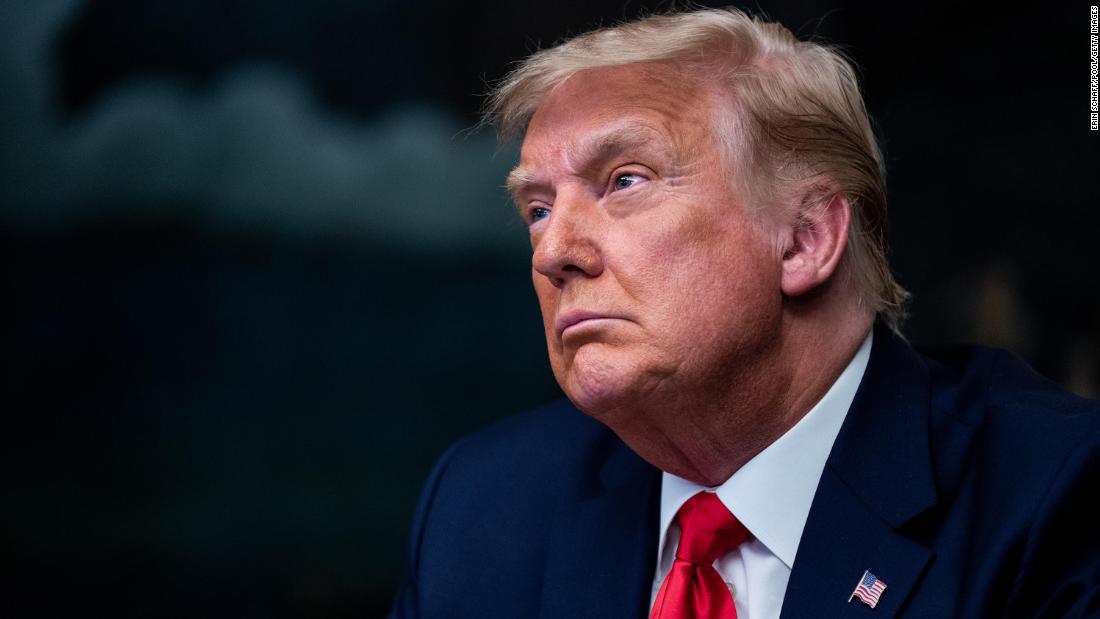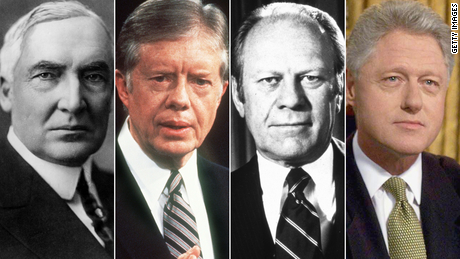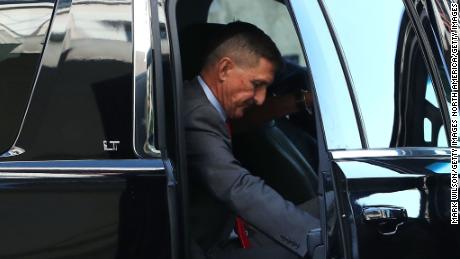Opinion: Why I am trying to put the brakes on Trump’s pardon powers
The broad language used in the Constitution was designed to allow for flexibility, but it also assumes public interest-minded leaders and a respect for institutional norms. Since President Donald Trump’s election in 2016, I have been deeply concerned that he would put his personal interests before those of the nation and ignore the precedents that help make our government run. His continual abuses of power are not surprising, but I am shocked by how brazen and quick Trump is to use the levers of government and the president’s constitutional authorities to protect himself, his friends, family and businesses.
With a president unbound by the institutions and norms of our democracy, the ability to pardon himself or herself and his or her family could be abused to create a quasi-hereditary monarchy where the first family is literally beyond the reach of the law. That is the exact opposite of our national principles of the rule of law, equal justice: that no one can be the judge at his or her own trial.
A president with the ability to pardon administration officials can easily pervert our entire system of laws. An appointee could act criminally in pursuit of the president’s agenda so long as the president approves. The Constitution sets up a system of shared powers and checks and balances, not absolute authority by the executive.
Even worse, an unlawful president could direct officials to act criminally and dangle the prospect of pardon. That creates a system of rule by decree. Laws would be completely at the discretion of the president — a recipe for autocracy.
There is a similar and related concern regarding campaign officials. If a president could pardon campaign officials for criminal conduct, then a person could do anything to become president, so long as he or she wins in the end. This creates a race to the bottom, where election and campaign laws have no meaning and the will of the people is secondary.
Even if a president acted totally appropriately in pardoning such individuals, the perception is damning. It would only be natural to suspect that there was a bit of home cookin’.
The entire nation has watched Trump’s continual effort to obstruct the inquiry into Russian interference in the 2016 election. By pardoning his allies, he could be impeding investigations into his own conduct and obstructing justice.
The bottom line is that, with a president more concerned about himself or herself than the nation, a pardon power that includes family, administration officials and campaign employees is overbroad and dangerous. The president could elevate himself or herself — and his or her whims — above the democratic process. These pardons wouldn’t be “tak(ing) Care that the Laws be faithfully executed,” as delineated in Article II of the Constitution, but would be self-dealing and constitutionalized corruption.
Come January 20, Trump will return to private life. After years of ripping at the Constitution and the norms that support it, the American people must demonstrate our democracy’s resilience. But for the Constitution to truly endure, we should incorporate our current experiences and explicitly prevent these types of abuses.
![]()






